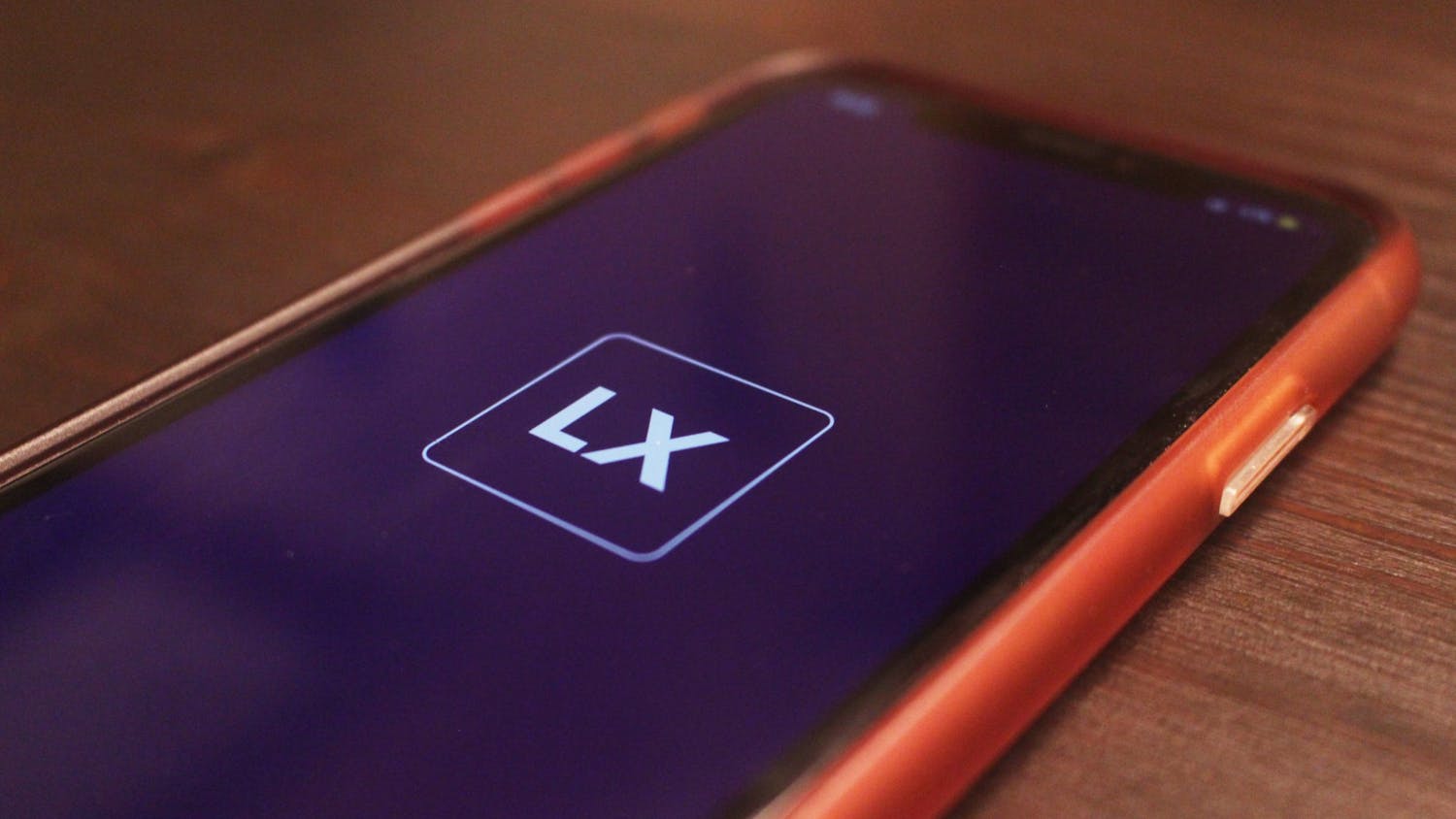The internet’s capacity to offer anonymity is — at least theoretically — one of its greatest strengths. Websites and social media can promote discussion on sensitive topics and allow otherwise-ignored populations to make their voices heard.
But online anonymity also has a tendency to empower the worst among us, enabling cyberbullying and defamatory gossip. These things have been unfortunately prevalent on Librex, an app increasingly popular at Dartmouth, where anonymity has amounted to little more than toxicity.
Librex is an anonymous discussion app that was launched at Dartmouth on March 5. About half of Dartmouth students have already downloaded it on their devices. On the app, students can create posts, comment and upvote or downvote others’ posts and comments — all in complete anonymity. Though the platform intends to “democratize college discourse and create a space for honest open discussion,” its anonymous nature has only made it conducive to hateful and threatening content.
Many recent posts have targeted both specific groups and individuals on campus. Some comments, for example, have insulted certain Greek houses by exploiting stereotypes and spreading false rumors. The derogatory posts, however, have also extended to other groups, such as students who work on-campus jobs. Users have claimed that student workers adopt a hostile nature toward white and more privileged customers, while also incorrectly labeling these student workers as collectively low-income and Latino.
This form of discrimination has escalated to an even more extreme level — targeting students running for positions in the Student Assembly elections. There has been little initiation of productive discussion, but rather purposeful insults thrown at the identities and backgrounds of those running. These include comparisons of SA candidates to dictators Benito Mussolini and Adolf Hitler, and racist attacks on campaigns.
By allowing users to post anonymously, apps like Librex encourage personal confessions, accusations and claims that most wouldn’t normally feel comfortable making. “Hiding behind a screen” enables users to speak their minds freely without being held accountable, inducing both a lack of empathy and intellectual thinking. As a result of anonymity, however, people are more likely to abandon the social norms and accountability that would otherwise have kept their behavior in check. Instead of promoting legitimate discussion, apps like Librex breed cyberbullying, harassment and hate speech.
These effects are becoming increasingly better understood within the field of psychology. Psychologists have created new terms, such as the “online disinhibition effect,” to explain our tendency to open up — in both good and bad ways — when we’re sitting in front of a screen. Behavioral studies have also shown that people tend to act crudely or illegally when their identity is hidden. A 2012 study by psychological science researchers in Israel found that when students were anonymous and hidden from each other in an online chat, verbal aggression among participants was very high. This aggression plummeted to almost none when a video put the two partners in eye contact. These studies reveal that the web is deeply impersonal and that users often feel like distant strangers when online, making them more likely to attack others.
Advocates of anonymous communication claim that anonymity is essential to ensure free speech. And Librex has occasionally provided a platform for commiseration and conversation about topics like online class. There have been productive posts, including course recommendations and advice for incoming freshmen.
But if this dialogue comes at the expense of people's well-being, it should clearly be bounded.
If individuals, groups, cultures and backgrounds are being assaulted, the atmosphere becomes one of fear — one that turns voices away, contradicting the purpose of anonymous apps and silencing populations at Dartmouth.
The answer is not necessarily to rid our society of all anonymous forums, nor for the creators of anonymous platforms to strictly moderate everything written on their sites. Rather, we need to recognize our role as users in order to realize the inherent dangers of anonymity.
Before an anonymous platform like Librex can be valuable, individuals need to hold themselves to a higher standard and use these apps with greater respect and responsibility. As members of a college like Dartmouth, it is our role as students to nurture congenial, productive conversation on platforms like Librex.
So, if you decide to use Librex, hold yourself personally accountable and foster an environment that encourages productive discussion, rather than abusive dialogue. If not, more voices will be silenced rather than empowered.



